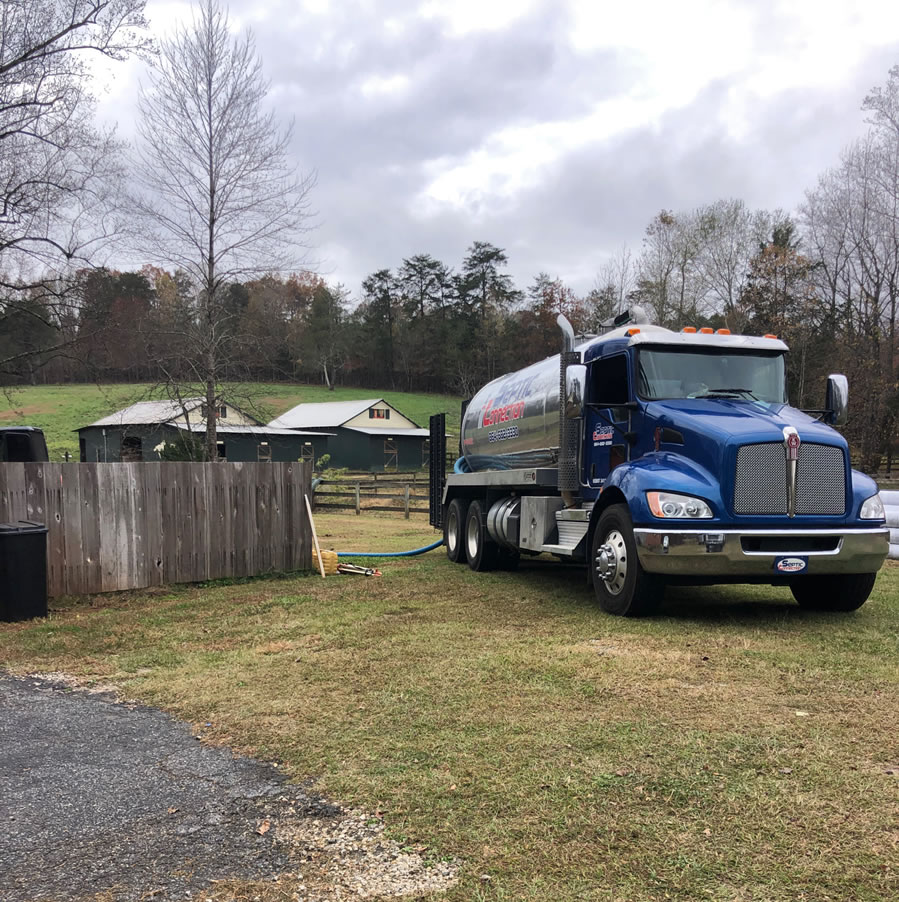Call This Wednesday to Get $25 OFF
Clean Solutions, Dirty Jobs – Done Right. Reliable. Responsive. Remarkable.
Call This Wednesday to Get $25 OFF
Clean Solutions, Dirty Jobs – Done Right. Reliable. Responsive. Remarkable.
Your septic system is one of the hardest-working parts of your home, but it’s also one of the easiest to damage. Many homeowners don’t realize that everyday habits—especially what they flush down the toilet—can create costly problems. At Septic Connection, our septic company has helped countless homeowners repair damage that could have been prevented with a little awareness and better septic tank maintenance. Here are five common items you should never flush and what you can do instead to keep your septic system healthy.

Despite the label, flushable wipes don’t break down like toilet paper. Instead, they clump together, clog pipes, and overload your septic tank. Over time, these wipes can block wastewater from flowing properly, leading to backups or even drain field damage.
What to do instead: Use regular, septic-safe toilet paper. If you like the convenience of wipes, throw them in the trash rather than the toilet.
Pouring grease down the drain may seem harmless when it’s hot and liquid, but once it cools, it solidifies and sticks to pipes. Inside your septic system, grease floats on top of the tank’s contents and prevents proper separation. This makes septic tank maintenance harder and can cause clogs or odors.
The septic system is an onsite waste treatment facility, and it is incredibly reliable. However, the system is only as effective…
Imagine flushing your toilet and then suddenly realizing that your backyard has turned into a swampy mess. This unpleasant experience is…
Soil testing is a critical step in various construction and environmental projects. It provides essential information about the ground conditions, which…
Grease traps are remarkable tools that help keep your establishment clean and free from bad odors. Septic Connection has a…
If you have just moved into a new home or property that relies on a septic system for waste and wastewater…
What to do instead: Collect grease in a container and dispose of it in the trash. Wipe pans with a paper towel before washing to keep grease out of your system.
Tampons, pads, and sanitary wipes do not decompose in septic systems. They absorb liquid, expand, and quickly clog pipes or overwhelm your tank. Removing these blockages often requires professional intervention from a septic company.
What to do instead: Always dispose of feminine hygiene products in a trash can. Keeping a small bin in the bathroom makes it easy and discreet for everyone in the household.
It might seem like bleach, drain cleaner, or antibacterial soaps would help clean your system, but they actually harm it. Septic systems rely on natural bacteria to break down waste. Harsh chemicals kill these bacteria, causing your tank to fill up faster and requiring more frequent septic tank maintenance.
What to do instead: Use septic-safe cleaners. Vinegar, baking soda, and plant-based products are effective alternatives that won’t upset your system’s balance.
Flushing old pills or liquid medicine can upset your septic system and contaminate groundwater. Prescription drugs don’t break down like organic waste, and many pass through your system into the environment, where they can harm ecosystems.
What to do instead: Take unused medications to a pharmacy with a take-back program or follow local disposal guidelines. If no program is available, mix medications with coffee grounds or cat litter, seal them in a bag, and throw them away in the trash.
Even if you’re careful about what you flush, septic tank maintenance is still essential. Regular pumping keeps your system from overflowing, while inspections catch small issues before they become expensive repairs. Neglecting your system or flushing the wrong things can lead to backups, foul odors, and costly drain field damage.
Working with a professional septic company ensures your tank is cleaned and serviced on schedule. At Septic Connection, we recommend pumping every 3–5 years depending on your household size and water usage.
Your septic system is designed to last for decades, but only if you treat it with care. Small changes—like tossing wipes in the trash or using septic-safe cleaners—can make a big difference in preventing clogs and costly repairs. Pair those habits with routine septic tank maintenance from a trusted septic company, and you’ll enjoy a worry-free system that protects your home and property.
By avoiding common culprits and by committing to regular septic tank maintenance, you can save money and extend the life of your system. If it’s time for professional septic service, trust Septic Connection to keep your septic system running at its best.
When septic problems start, many homeowners look for quick and inexpensive solutions. Online videos, store-bought additives, and advice from well-meaning neighbors can make do-it-yourself septic fixes seem appealing. Unfortunately, septic…
Read moreA septic system is one of the most important—and most overlooked—components of a home. It manages wastewater quietly in the background, so many homeowners assume everything is fine until a…
Read more